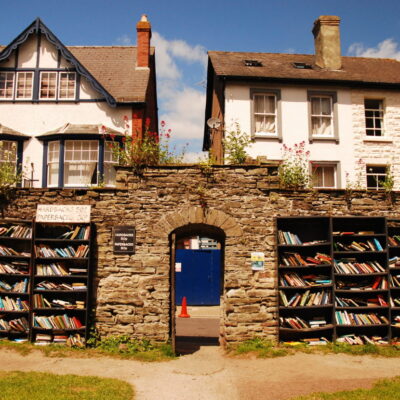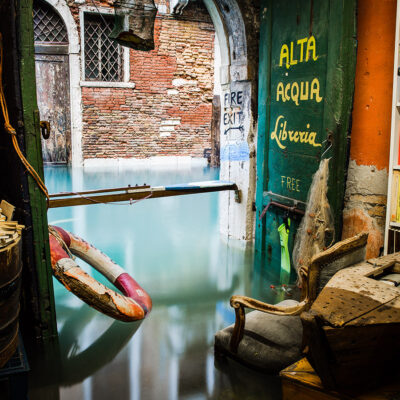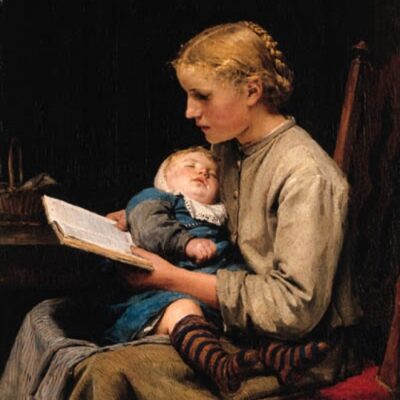The Cold Millions by Jess Walter
A Beautifully Written Tribute to Those Who Fought for Social Justice
I loved this historical fiction novel as much as The Last Ballad by Wiley Cash. And that’s enormous praise! Both are set during the early 1900’s when a huge rise in American industry led to a massive divide between the newly super-rich and their exploited and unregulated labor force. “This is a story of social unrest, of police brutality, of deep inequality, of the ache of wanting a better world – issues that resonate today.”
Like The Last Ballad, The Cold Millions is a beautifully written tribute to those who fought for social justice for the workforce and against corrupt practices by those who employed them. Unlike The Last Ballad, which is set in and around Bessemer City, North Carolina circa 1929, The Cold Millions’ setting is Spokane, Washington 1909. The narrator describes the city as follows:
There was no place like it then, Spokane – such hell and hair on that town. A full day’s ride from anywhere, isolated between mountain ranges on the stair-step deck of waterfalls, it took Rye’s breath away the first time he railed in: basalt cliffs jutting like teeth from pine-covered hills, train bridges latticing the valley, and in the center that big river, which carved a steep, tree-lined canyon that led from the silver mines and forested mountains of Idaho to rich Washington farmland.
It was a boomtown that just kept booming, doubling in size every six years, going from a few hundred to a hundred-some thousand in just thirty years, until the only place bigger in the state was that ugly harbor blight Seattle. Spokane felt like the intersection of Frontier and Civilized, the final gasp of a thing before it turned into something else – the Last Rush Town, Gig called it, for the silver rushes in the foothills, but also the rush of railroad and bank, school and merchant, brick, stone, and steel, old-growth timber turned to pillared houses, hammers popping nonstop against the wild, a mad rush to log and pave the whole world. [p. 27]
Two hundred fifty taverns in Spokane and last night every one of them hummed on high, like a pot before boil, street cops looking for drunks to rake and the tenderloin packed with the end of harvest, the closing of log camps and the coming union action, downtown whipped up like a wind-fed blaze. A week earlier, a union speaker had gotten arrested and word went out in the Industrial Worker newspaper for floaters to come for the Spokane Free Speech Fight, bums dropping like apples from boxcars and rail trusses – humps from Chicago, Denver, Seattle: white, black, Indian, Chinese, Cossack, Irish, Italian, Finn – barstools and benches bent with their backs. Rye marveling at the endless babble of Celestial-Russo-Flemy-Serb-Salish-Spanish. [p. 12]
While The Last Ballad was inspired by the Loray Mill strike of 1929 in Gastonia, North Carolina, The Cold Millions reconstructs events of the Free Speech Fight that took place in Spokane, Washington in 1909. “Around the turn of the 20th century, employment agencies, or, as they were known to many workers, ‘job sharks’ had a monopoly on part-time labor in the American West. Industries such as mining and agriculture would contract labor out to an agency, which would ‘buy out’ job applicants and take a sizable cut of what would otherwise have been workers’ wages. Spokane, Washington was a center in the Pacific Northwest for this type of labor, and, thanks to the work of the Industrial Workers of the World (I.W.W.) and their allies, would also become a symbol for free speech, working class organizing, and the power of nonviolent direct action in the early 20th century American labor movement.”
The Last Ballad is anchored by real life young mother, textile worker, balladeer, and union organizer Ella May Wiggins (1900-1929); The Cold Millions by two fictionalized brothers, Gig (Gregory) Dolan, 23, and Rye (Ryan), 16. (The author states the names are a wry nod at the gig economy that we live in now.) Gig and Rye are part of a wave of workers who hop freight trains in search of employment. Once the job is finished, they move on to wherever else they think they might find work, fair pay, and decent treatment. The boys are considered hobos and unwanted vagrants who sleep, with the other unemployed, shivering on the cold ground under the nighttime sky. As the story begins, we see the brothers start a typical day.
They woke on a ball field—bums, tramps, hobos, stiffs. Two dozen of them spread out on bedrolls and baskets in a narrow floodplain just below the skid, past taverns, tanners, and tents, shotgun shacks hung like hounds’ tongues over the Spokane River. Seasonal work over, they floated in from mines and farms and log camps, filled every flop and boardinghouse, slept in parks and alleys and the pavilions of traveling preachers, and, on the night just past, this abandoned ball field, its infield littered with itinerants, vagrants, floaters, Americans. [p. 9]
The narrator continues, describing a typical year for them.
For a year they moved, barely pausing for breath. They walked twenty miles some days, and ran down freight on the slow edges of towns, hopped boxcars and crouched on the blinds between mail cars. Gig showed Rye his favorite way to travel – in the open, on flat cars and lumber racks: “flying,” he called it, wind in his face, sun on his arms. They flew and floated this way, job to job, week to week, farm to farm, Washington to Oregon to Idaho, until they landed a gyppo logging crew on the St. Joe River, Gig talking his way onto one end of a two-man misery whip, Ryan ladling water and pounding wedges in the kerfs to keep the saws from binding. But they got run from that job, too, replaced by the foreman’s nephews. They followed rumors to interior farms and staggered harvests, bushed wheat and picked huckleberries. The Panic of ’07 had run the banks, and it was rare to find a boxcar or a barn without a vagrant in it. Most days they’d wait hours in line at the job sharks’ only to be told there was nothing for them. They huddled under burlap on boxcars, drank from streams, and ate squirrel meat over jungle cook fires, boiled up their clothes and slept beneath the stars, ducked train gangs and rail bulls, and if it wasn’t an easy life, Rye would be lying if he didn’t admit some adventure to it. [p. 16]
“The Cold Millions documents a period of time in Spokane, Washington, in which the dividing line between rich and poor was about as profound as it is today, with the possible exception of today’s ability to form labor unions without being beaten, robbed, jailed, murdered, or driven out of town on a rail.” Suspense builds when Gig remains incarcerated for speaking publicly in support of the union while Rye is quickly released and finds himself a guest in the house of the local industrial magnate. He cries seeing that such homes exist while he has no home at all and he begins to realize that the friction between the IWW and Spokane is “part of a larger battle fought in a thousand places, between company and labor, between rich and poor, between forces and sides he wasn’t sure he had understood before.” The narrator explains:
The unfairness hit Rye not like sweet brandy but like a side ache – a physical pain from the warmth of that heated floor and the softness of that chair and Gig not knowing any of it – and Lace and Danny and Ma and Da, too – Rye never could have imagined it, either. But now he knew, and he would know the next time he was curled up in a cold boxcar, that men lived like this, that there was such a difference between Lem Brand and him that Brand should live here and Rye nowhere.
He flushed with sadness, as if every moment of his life were occurring all at once—his sister dying in childbirth, his mother squirming in that one-room flop, poor Danny sliding between wet logs, Gig in jail, and Jules dead—and how many more? All people, except this rich cream, living and scraping and fighting and dying, and for what, nothing, the cold millions with no chance in this world. [p. 105]
Other Resources
A short video about Spokane including a talk by Jess Walter about writing The Cold Millions.
A history of Peaceful Valley (Spokane).
















